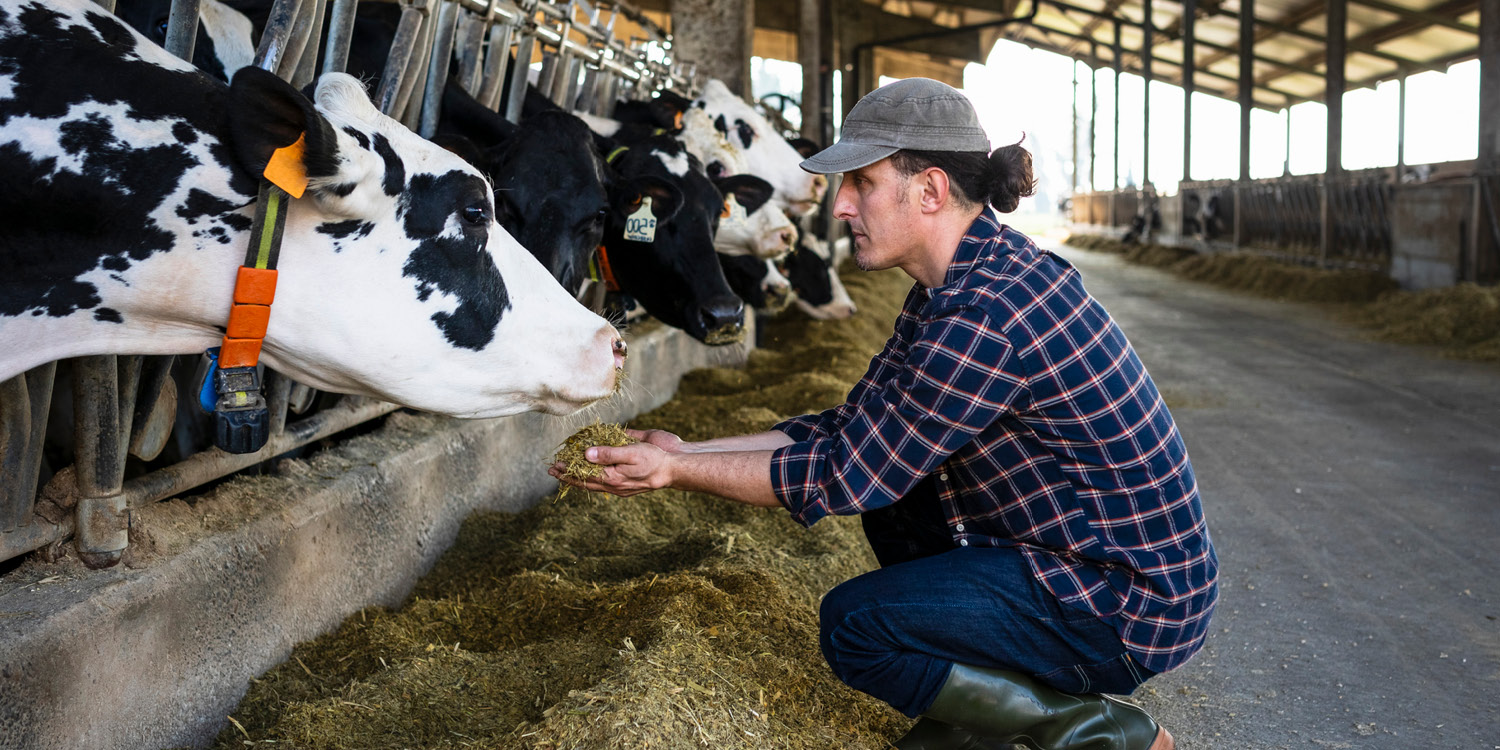The majority of societies have adopted a meat-eating lifestyle since agriculture became an important source of sustenance thousands of years ago. Many environmental issues, including the increase in CO2 and methane levels, the excessive use of water and land resources, the production of waste, the deterioration of water and air quality, deforestation, and the extinction of species are now primarily caused by modern agriculture. The United States, which has a population of 319 million, consumes the most beef butchers globally.
The environmental impact of meat is comparable to that of all the driving and flying done by all the vehicles, trucks, and aeroplanes in the world. When forests are cut down to produce industrial beef, millions of tonnes of carbon dioxide are released into the atmosphere, hastening global warming.
Gas greenhouse production:
Gas greenhouse production of agriculture is expected to increase to meet the demand of a growing world population. In reality, greenhouse gas levels are expected to rise by 80% by the year 2050. Due to this, the greenhouse effect is proliferating a rise in global temperatures. The majority of greenhouse gas output is accounted for by methane, an animal by-product. Since methane has an 86-fold greater global warming potential over a 20-year period than carbon dioxide, it is far more harmful.
Most people are aware that the transportation industry is one of the main contributors to carbon emissions. But most of us don't realise that agriculture is a much bigger contributor. Although the transportation industry generates large amounts of carbon dioxide and nitrous oxide, these gases have a much less environmental impact than methane. Animal agriculture is responsible for 18% of the greenhouse emissions, while industry generates 13% of them.
Water:
Agriculture production accounts for between 80 and 90 percent of the water used in the us. For animals, this includes the water used to scald the animals, water consumed directly by the animals, water used to cultivate the crops livestock consumes, and any extra water used to clean/process the meat for sale. scientists working in agriculture are experimenting with water-saving techniques like drip irrigation, but much work needs to be done before a meat-based diet can be supported sustainably.
Humanity:
It is critical to address the issue that most people are unaware of the harm that eating meat contributes to the environment. The use of meat and dairy has been demonstrated to result in a wide range of health issues, despite the fact that cultures and educational systems around the world teach that these foods are essential for growth and good health. Behind closed doors, we fail to see that factory farms, where moral and environmental standards are abandoned in favour of increased productivity and money, are where 99% of meat is produced.
Conclusion
Therefore, eating meat contributes to the release of greenhouse gases like methane, CO2, and nitrous oxide. As a result of these gases, the climate is changing, leading to global warming. There are various ways that livestock production contributes to these greenhouse gases: the exosystemic devastation of forests.





